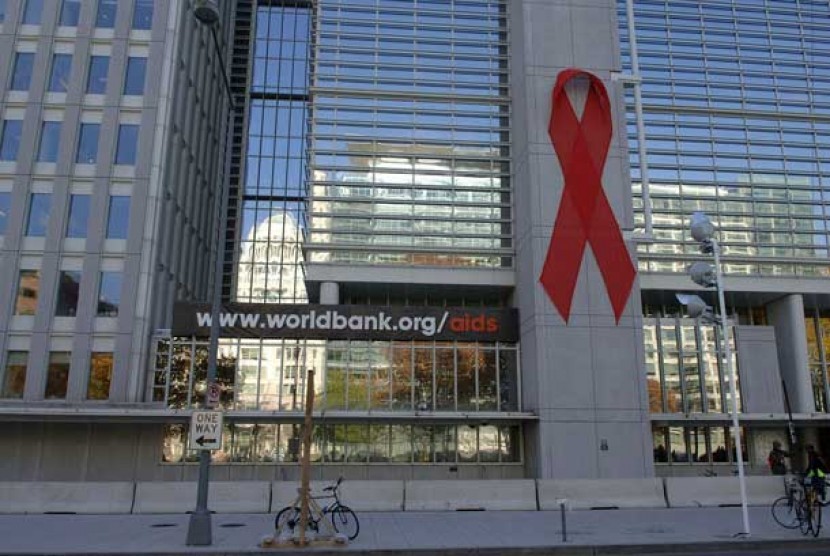REPUBLIKA.CO.ID, JAKARTA -- Providing and improving access to jobs could reduce poverty and economic inequality, a chief economist of the World Bank, Vivi Alatas, stated on Tuesday.
"The poor should be assisted by providing them with jobs that improve their income," Alatas said.
Alatas added that they should have assured access to proper healthcare facilities and education. This, she said, could increase their capabilities and help them escape poverty.
Alatas suggested that the government increase the budget allocated to programs for social welfare.
In 2014, only 0.7 percent of the Gross Domestic Product (GDP) was allocated to social assistance programs, which is much lower than what other developing countries have been setting aside for similar initiatives.
Citing any example, the World Bank economist noted that the government of Brazil earmarked 1.5 percent of its GDP to such social assistance programs.
Anies Baswedan, deputy of public welfare in President-elect Jokowi's transition team, urged for a paradigm shift in the way government and experts look at poverty and inequality.
He added that the problems are of prime concern and should be viewed as ones that need to be resolved by all parties together.
"We (the Jokowi-Jusuf Kalla government) want to adopt a different approach and a different way to execute our plans. All stakeholders should have the same target (of eradicating) the problems of inequality and poverty. Their vision must be clear so that they move forward in the same direction," he affirmed.
The founder of PT Quantum Business International, Betti Alisjahbana, suggested that private companies should create jobs for the poor, keeping in mind their potential to improve the community.
"Take the weaving industries in Bali, Padang and other places, for example. People could be taught to create designs that meet the tastes of the market in Jakarta," Alisjahbana noted.
According to an earlier World Bank report, the rate of reduction of poverty and inequality in Indonesia had declined, and was only 0.7 percent in 2012-2013. This was the lowest seen in the last decade.
The World Bank had also reported that around 68 million people in Indonesia almost fell in the "poor" category as their income was marginally higher than that of those in the "poor families" category.
Also, the Gini coefficient ratio in Indonesia was 0.41 percent in 2013, as compared to 0.30 percent in 2000.


